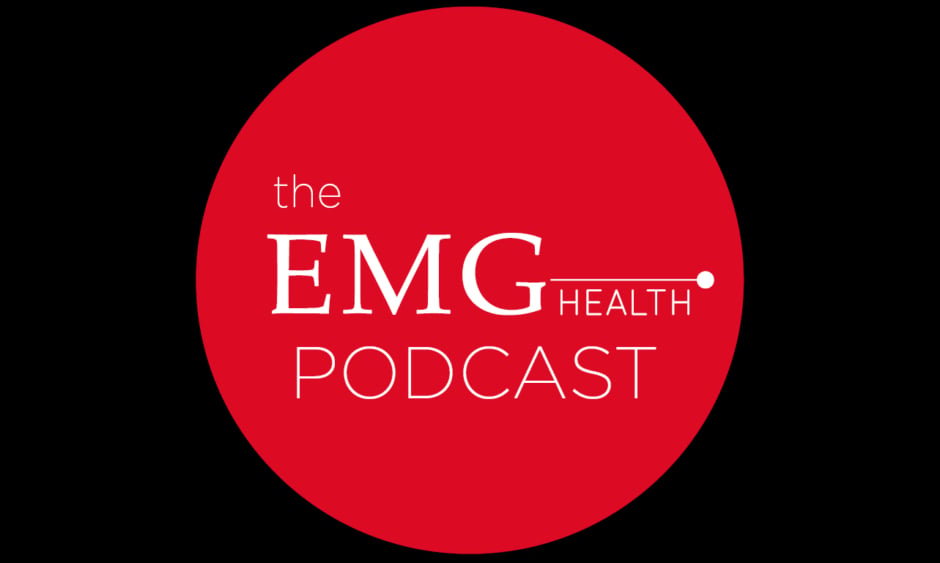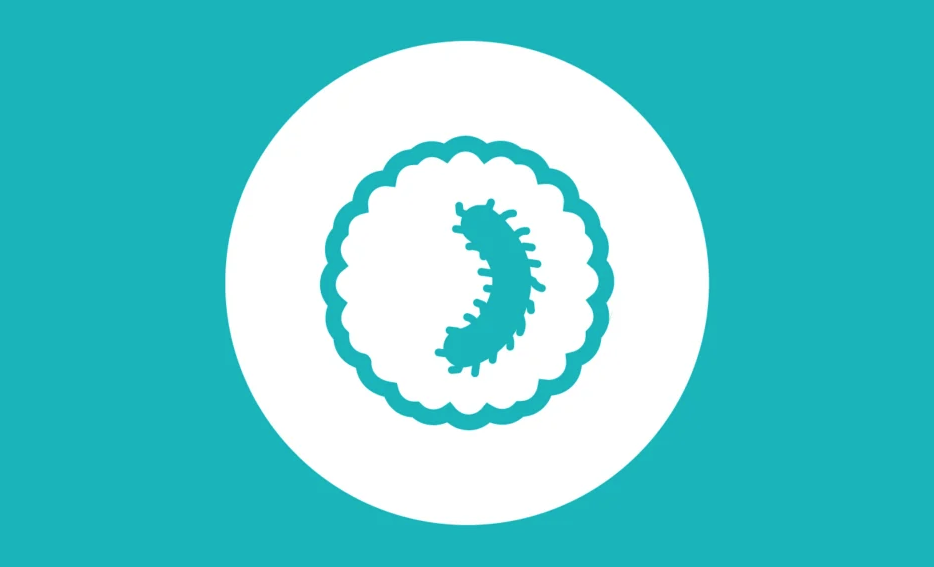A NEW report from the UK Health Security Agency (UKHSA) highlights profound inequalities in infectious disease outcomes and hospital admissions across England, driven by deprivation, geography, ethnicity, and environmental exposure.
Published on 2 May, the Health Inequalities in Health Protection report draws on national hospital admissions data and environmental health records, using infectious disease hospitalisation rates as a primary indicator. The analysis captures data from September 2023 to August 2024 and includes comparisons across regions, deprivation quintiles, and ethnic groups. It also considers broader impacts from air pollution and environmental hazards, as well as underrepresented populations such as people experiencing homelessness or injecting drug use.
Key findings show that people living in the most deprived fifth of areas in England are nearly twice as likely to be hospitalised with infectious diseases compared to those in the least deprived. In the North-West, hospital admissions for infectious disease reach 3,600 per 100,000 people: 30% higher than the national average of 2,800. Emergency admissions for tuberculosis are particularly stark, being 29 times higher among ‘Asian other’ groups and 15 times higher for ‘Black African’ groups, compared to ‘White British’ individuals. Deprived communities experience up to seven times the emergency admission rate for tuberculosis and six times that for measles. Admissions for sepsis are up to 2.5 times higher, while gastrointestinal disease admissions are 1.7 times higher in deprived populations. Environmental inequalities also persist, with higher pollution levels disproportionately affecting deprived and ethnically diverse areas.
The NHS bears a heavy economic burden from these disparities, with inequalities in emergency infectious disease admissions costing between 970 million GBP and 1.5 billion GBP in 2022–23. Overall, infectious diseases were responsible for over 20% of hospital bed usage, at a cost of nearly 6 billion GBP in 2023–24.
UKHSA stresses the urgent need for integrated, targeted interventions and improved surveillance to address these systemic health protection inequalities. Reducing them will require sustained, coordinated efforts across public health, healthcare systems, and community stakeholders.
Reference
GOV. UK. Health inequalities in health protection report 2025. Available at : https://www.gov.uk/government/publications/health-inequalities-in-health-protection-report/health-inequalities-in-health-protection-report-2025. Last accessed: 6 May 2025.








